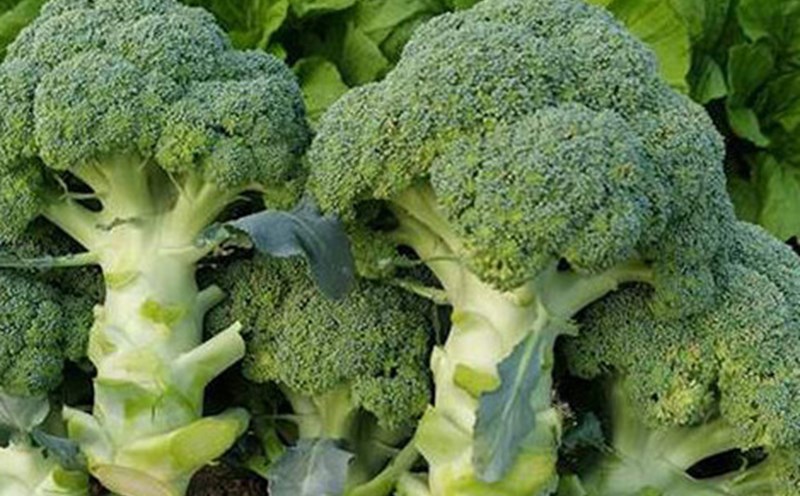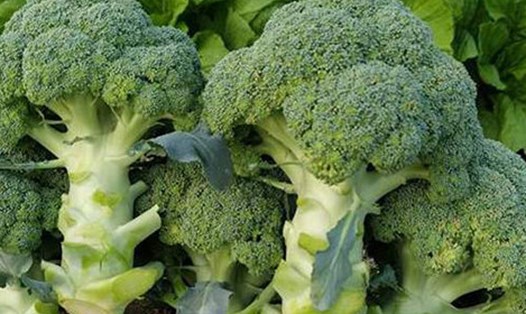Dietary management is a key factor in blood pressure control.
Salt (sodium) is one of the main causes of high blood pressure. According to the American Heart Association, a diet high in salt can cause the body to retain water, which increases blood volume and leads to high blood pressure. It is recommended that adults consume only about 1,500 mg of sodium per day, a level much lower than the current average. Processed foods, fast foods, and canned foods are often very high in salt. Therefore, people with high blood pressure should limit or completely avoid these foods.
Foods containing saturated fats and trans fats
Saturated fats and trans fats, found in processed foods, pastries, fried foods, and fatty meats, can increase the level of bad cholesterol (LDL) in the blood, thereby increasing the risk of heart disease and high blood pressure. A diet high in saturated fats not only raises blood pressure but also clogs arteries, hindering blood circulation. People with high blood pressure should prioritize foods containing healthy fats such as olive oil, avocados, and nuts.
Alcoholic and caffeinated beverages
Alcohol and caffeine are two types of drinks that can increase blood pressure in the short term. Drinking too much alcohol can cause high blood pressure and reduce the effectiveness of blood pressure medications. Caffeine can also temporarily increase blood pressure, especially in people who are sensitive to this substance. Therefore, people with high blood pressure need to control the amount of alcohol and caffeine consumed, avoid drinking too much.
Limiting your intake of salt, saturated and trans fats, as well as alcohol and caffeine are important steps to effectively control your blood pressure. In addition to diet, people with high blood pressure also need to maintain a healthy lifestyle and check their blood pressure regularly to minimize the risk of dangerous complications.









